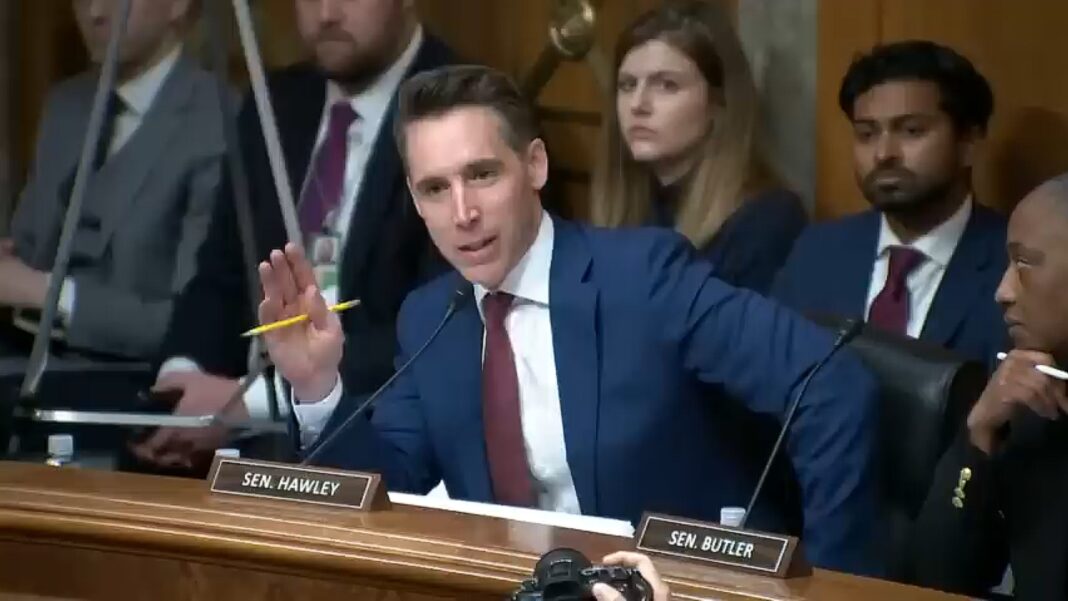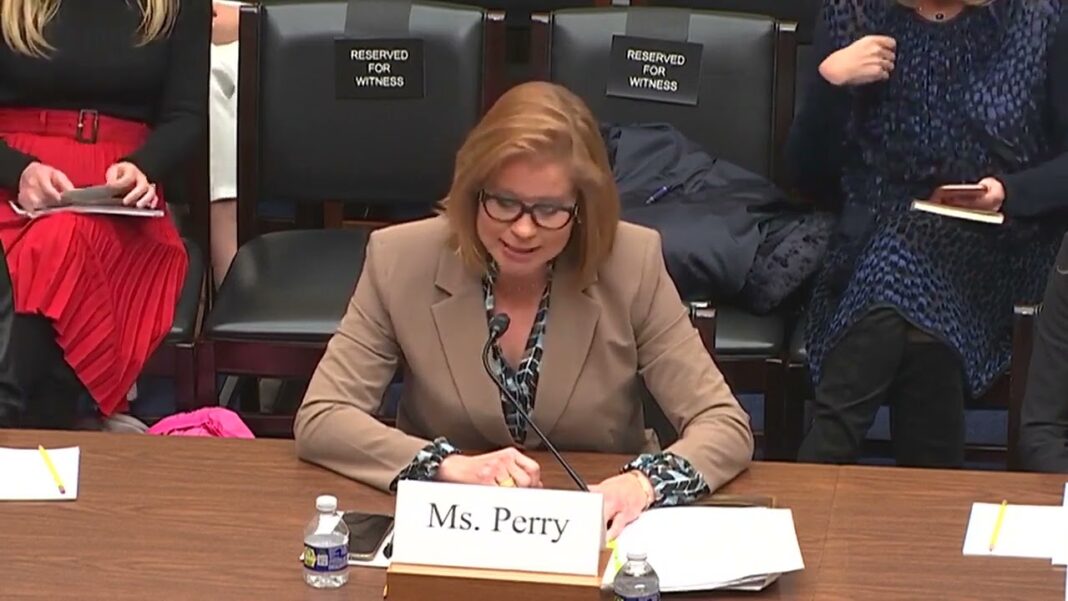“Abundant labor coming across the border” is reducing the wages paid to American employees, said Kristalina Georgieva, managing director of the International Monetary Fund.
“Not everybody who crosses the border adds positively to the economy,” the Bulgarian-born Georgieva told the media at the IMF’s spring meeting, which was held with its sister organization, the World Bank, adding:
But that labor supply also gave to the United States [overall economy an] advantage: Wages are not pushing up, because there is no strong pressure because of lack of labor.
Not counting inflation, the annual growth in average hourly earnings has dropped to 4.1 percent in March 2024, down from 5.9 percent during the coronavirus turmoil on March 22, according to the Wall Street Journal.
But after counting inflation, wages in President Joe Biden’s migration-inflated economy have remained flat or dropped — especially for the many young Americans who are facing rising rents.
Migration also spurs inflation, chiefly by driving up housing prices amid Biden’s welcome for more than 7 million southern migrants and at least 2 million legal migrants. “Inflation is down but not gone,” Georgieva said at the meeting.
But cheap labor is also very good for employers, investors, government tax collectors, and bankers because it grows the number of revenue-generating workers, consumers, and taxpayers — even though Americans’ wages remain flat or decline. That way the overall economy, Wall Street values, and the size of government, all grow from migration — even when Americans’ wages drop.
The mismatch “creates a domestic political problem,” Georgieva admitted. Indeed, many polls that show the majority of Americans reject Biden’s high-migration, low-wage “Bidenomics” economy.
Many business leaders, government agencies, and academics admit that wages are reduced by migration. They include independent academics, the National Academies of Science, the Congressional Budget Office, executives, more academics, New York Times reporters, state officials, unions, more business executives, lobbyists, employees, the Wall Street Journal, federal economists, Goldman Sachs, Goldman Sachs again, oil drillers, Wall Street analysts, fired professionals, legislators, construction workers, New York Times subscribers, Robert Rubin, and even by the Bank of Ireland.








